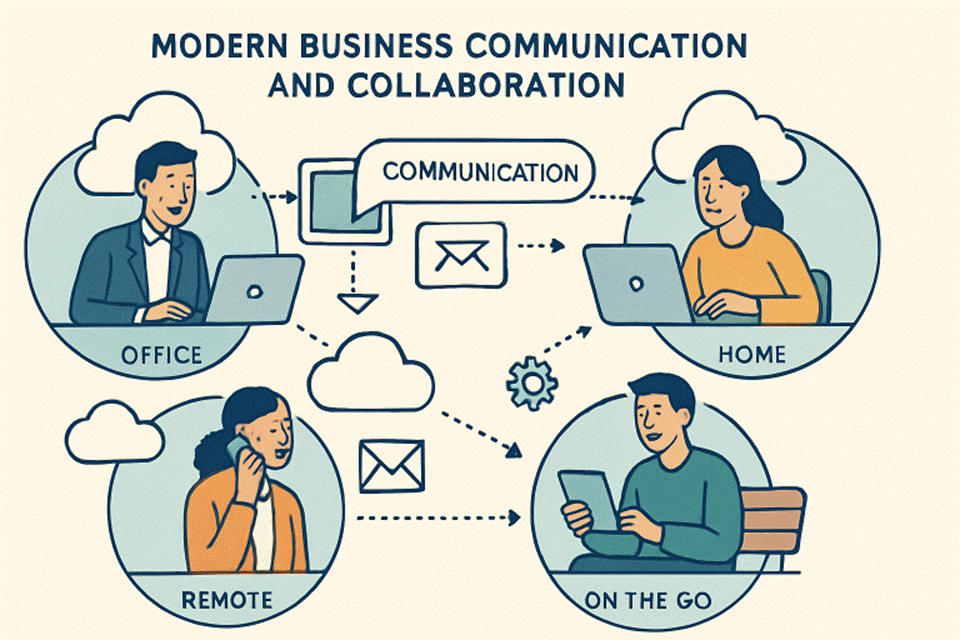In this article, we will explore the benefits of real-time customer engagement. This type of marketing will help businesses increase their customer experience rating and build relationships with customers. In addition, by allowing customers to participate in conversations with companies, they will feel like they are a community. Here are three benefits of real-time customer engagement:
Requirements
Real-time engagement requires understanding past purchases, specified preferences, and real-time situational context. This article will outline the prerequisites of real-time customer engagement marketing. Identifying the key features of real-time customer engagement is critical for building a successful customer experience.
Responding to real-time customer interaction is crucial for differentiation and building long-term relationships. In addition, it helps differentiate you from competitors. Real-time engagement marketing from Agora.io enables you to engage customers in a meaningful way throughout their journey and create better experiences..
Challenges
Creating context-relevant experiences for your customers is crucial to boosting customer satisfaction and maximizing revenue. But real-time engagement requires marketers to overcome three major barriers to success. These barriers include gaining enough data and insight and inaccurate data. However, with these hurdles cleared, real-time customer engagement can lead to an optimal customer experience and boost revenue. Ultimately, this is good for everyone: your customers, company, and yourself.
To create a real-time customer experience, a company needs to be flexible and responsive. An intelligent customer journey requires valuable information and industry insights, and real-time personalization can help achieve this goal. Automation and AI can help companies respond quickly and accurately, but they can also deprive customers of the personalized experience they seek. For this reason, real-time engagement requires employees to have the right knowledge and expertise to respond to customer demands.
Benefits
In a world where consumers are connected and always on, brands need to create an experience that caters to these mobile customers and improves their omnichannel experience. Today’s customers want to be inspired, informed, and able to make purchasing decisions when needed. They research products online to make informed decisions, from shampoo to buy to which insurance company has the best deal. Real-time engagement can help businesses create an experience that caters to these new and evolving customers.
With real-time engagement marketing, brands can listen to their client’s thoughts and needs and create personalized experiences that drive sales and customer retention. Real-time engagement marketing helps brands capture and manage big data gathered from various sources, including social media, call center services, and history of purchases. Brands can then use this data to create personalized communications with consumers based on their preferences. These insights can tailor content to individual consumers, increase customer retention, and improve brand experience.
Social media
The social media landscape has changed significantly in the last decade. However, it is no longer the same as it was a decade ago, and it may not be the same tomorrow, either. This is partly due to the constant innovation happening on the technical side of things – powerful platforms are constantly adding new features and services, and users are finding new uses for the media. I
Connecting with customers in real-time via social media platforms improves brand image and reputation and strengthens customer relationships. Companies that respond to customer feedback and suggestions quickly earn an additional 20 to 40% in revenue per customer. These benefits are not just seen in the bottom line, though. Businesses need to be willing to experiment and take risks if they want to succeed. In addition, companies should be prepared to make changes if they don’t see immediate results.
Automation
Automating real-time engagement marketing for businesses is a way to integrate customer data signals into automated processes. Advanced examples include Ticketmaster’s bots, which answer phone calls and ensure customers are directed to knowledgeable agents. Of course, the most basic example is simple personalization, which any business can achieve through AI. But it’s not just big businesses that can benefit from real-time engagement marketing. Companies of all sizes can make the most of this technology, as it’s highly scalable.
Authentic engagement involves delivering an engaging experience rather than just the distribution of information. Nowadays, consumers are bombarded with thousands of marketing messages daily, both through traditional and social media channels. This has forced savvy marketers to use marketing automation to increase awareness. This technology helps marketers capture audience attention by continuously assimilating their behavior across multiple channels, allowing them to deliver relevant content and personalized messages.













